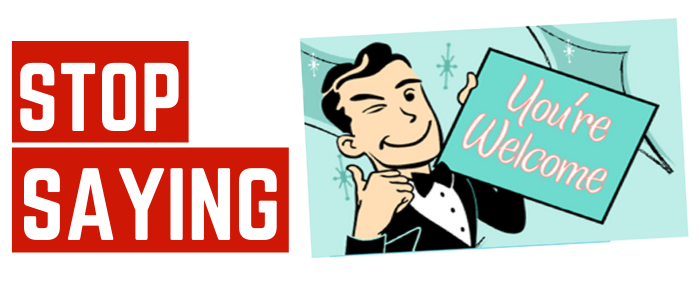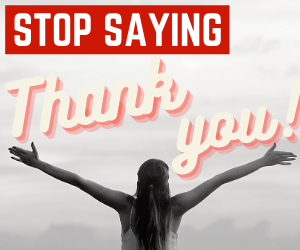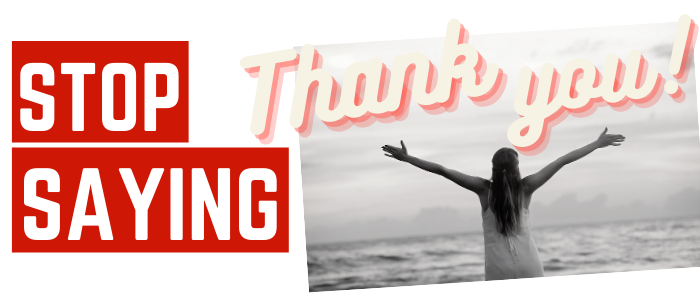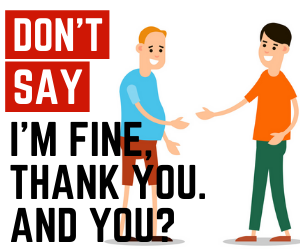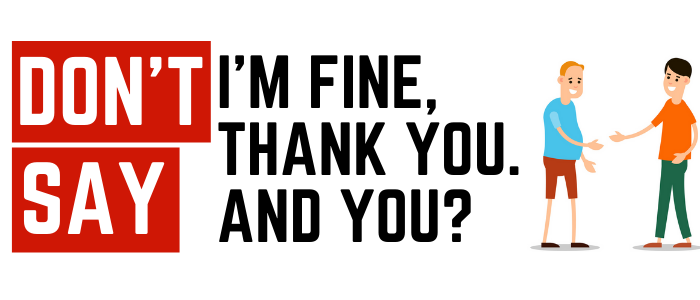Category: Speaking
There are some many different ways to respond to thank you. Let's see some examples:
Informal expressions
- Anytime!
- Anything for... (you/the team/the company).
- Anything to make (you/her/them) (happy/smile).
- Certainly!
- Cool!
- Don’t mention it!
- Don't worry about it!
- Forget about it!
- Glad I could help!
- Happy to help!
- I know you’d do the same for me.
- I should be the one thanking you.
- It was nothing!
- It was no trouble at all.
- It was the least I could do.
- It's all good!
- It's nothing!
- It's the least I could do for you.
- I've got you!
- Never mention!
- No big deal!
- No need to thank me.
- No problem!
- No prob!
- No sweat!
- No worries!
- Not a problem!
- Not at all!
- Nothing at all!
- Of course!
- Sure!
- Sure thing!
- That's all right!
- That's absolutely fine.
- That's OK/alright!
- You got it!
Formal expressions
- (It's) my pleasure!
- The pleasure is mine!
- It was my pleasure!
- I’m happy/glad to help!
- I'm happy to be of assistance.
- I'm happy to have helped you.
- I'm glad that you're satisfied.
- Happy to be of service.
- No need at all!
- You're most welcome!
- Much obliged! [British English]
- I'm very much obliged to you! [British English]

